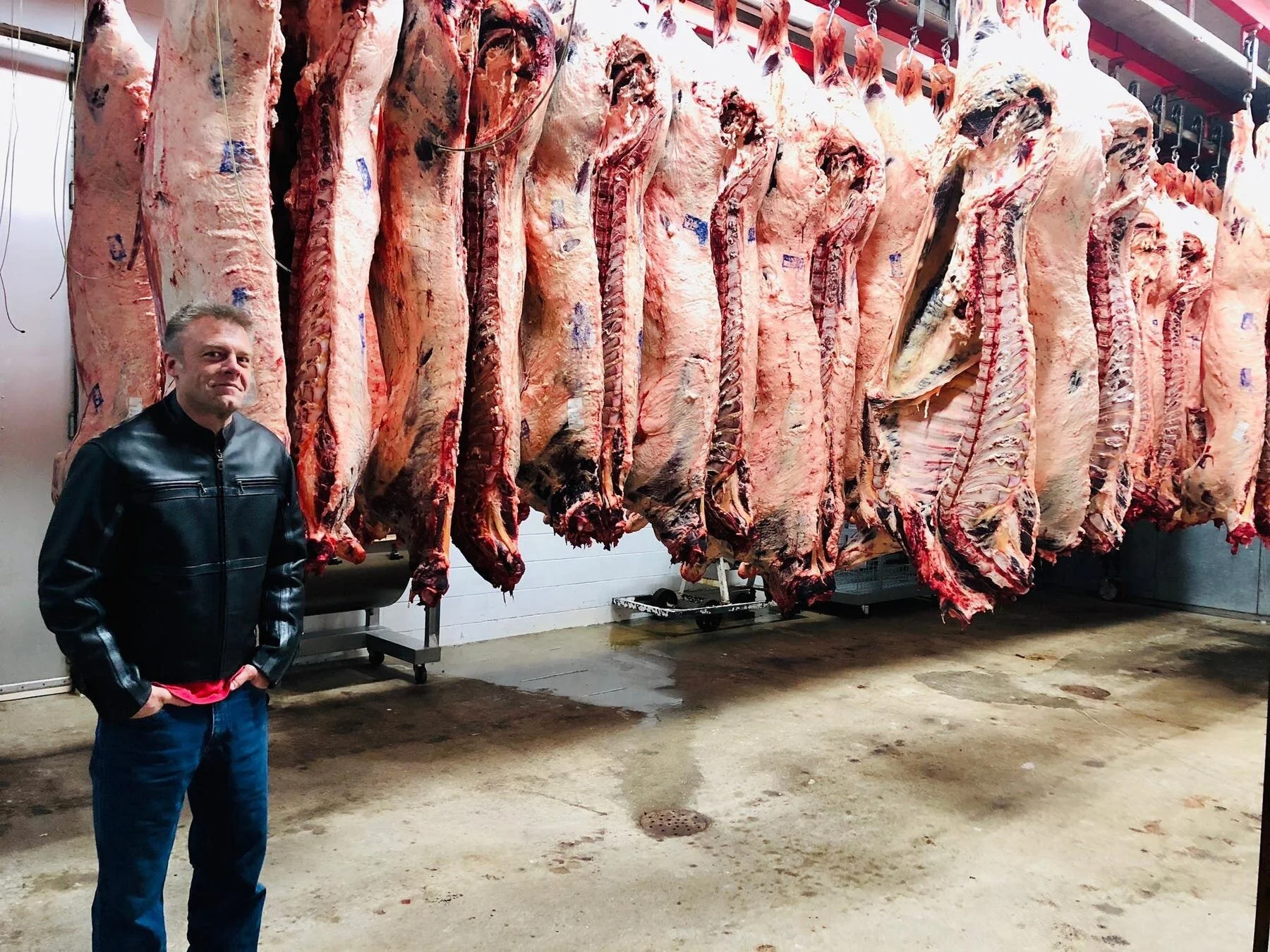Ethanol market is ‘disturbing as hell’ to American farmers. And now there’s Covid-19.
Keith Dittrich still remembers when the ethanol plant opened outside of Neligh, Nebraska. They called the corn-based gasoline alcohol back in 1980, and according to advertisements, it was “the fuel of the future.” He wanted to believe them.
Just two years before, barely out of high school, he’d jumped in a campervan with a handful of other farmers and followed the “tractorcade” to Washington, D.C., joining thousands of others in the American Agriculture Movement who were demanding “parity not charity.” Expenses were high, commodity prices low, and farmers across the country were fighting foreclosure. Ethanol, Dittrich believed, could help. And more than 20 years later, it did, raising corn prices nearly a dollar per bushel on average.
“What ethanol did was revitalize agriculture,” says Dittrich, past president of the American Corn Growers Association, who farms 4,700 acres of corn and soybeans with his brother in nearby Tilden. “I contend if we would not have gone down the road of ethanol, then agriculture would have been without a new outlet for production that was starting to ramp up.”
Now, roughly 40 percent of the U.S. corn crop is refined into ethanol, but over the last two weeks, Covid-19 has joined a host of other disrupting factors to create what Geoff Cooper, president of the Renewable Fuels Association, calls “not just a perfect storm for ethanol, but a perfect tsunami.” Since the outbreak, ethanol prices have plunged to an all-time low of 88 cents a gallon. Just nine years ago, ethanol peaked at $2.91 a gallon. Facing negative margins, manufacturers have warned of more plant closures and reduced run rates. For Dittrich and thousands of other corn farmers across the country who plant the nation’s No. 1 crop and rely on the ethanol market to sell much of it, the state of the industry is “disturbing as hell.”
“The farmers are nervous as cats because they’re afraid that we’re going to stop buying corn,” says Randy Doyle, CEO of ethanol maker Al-Corn Clean Fuel in Claremont, Minnesota. “And they’re right.”





